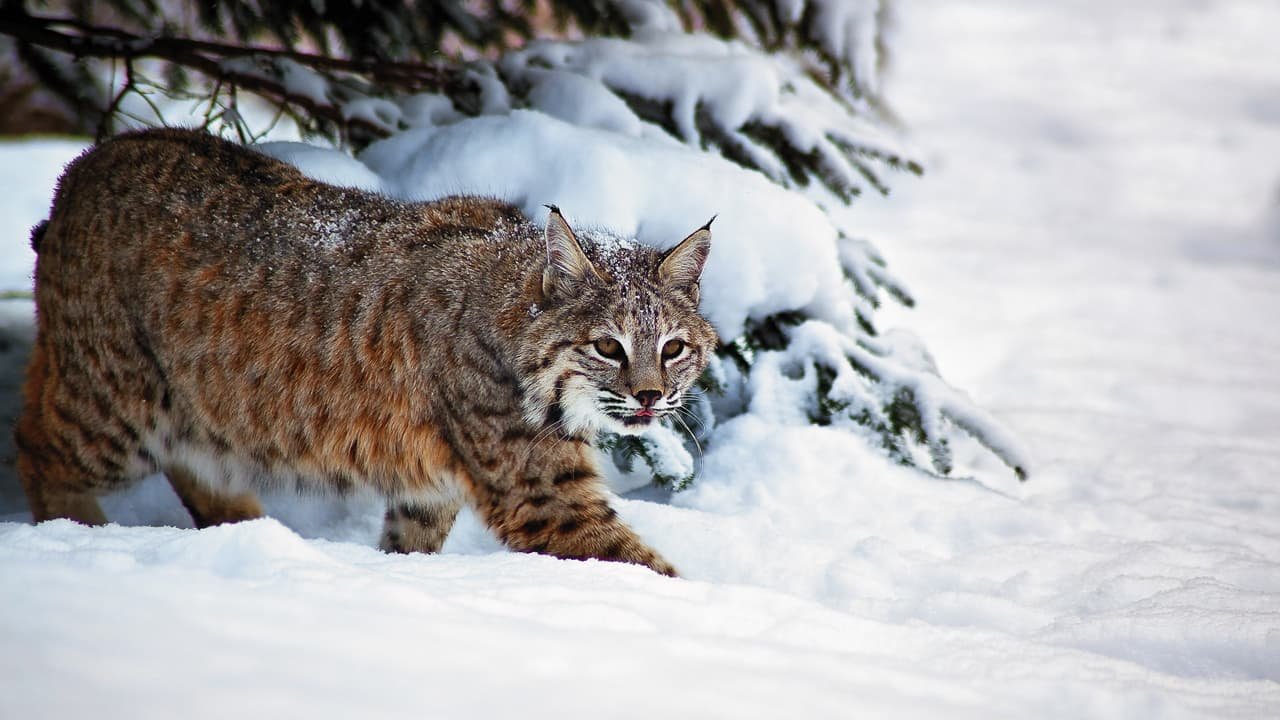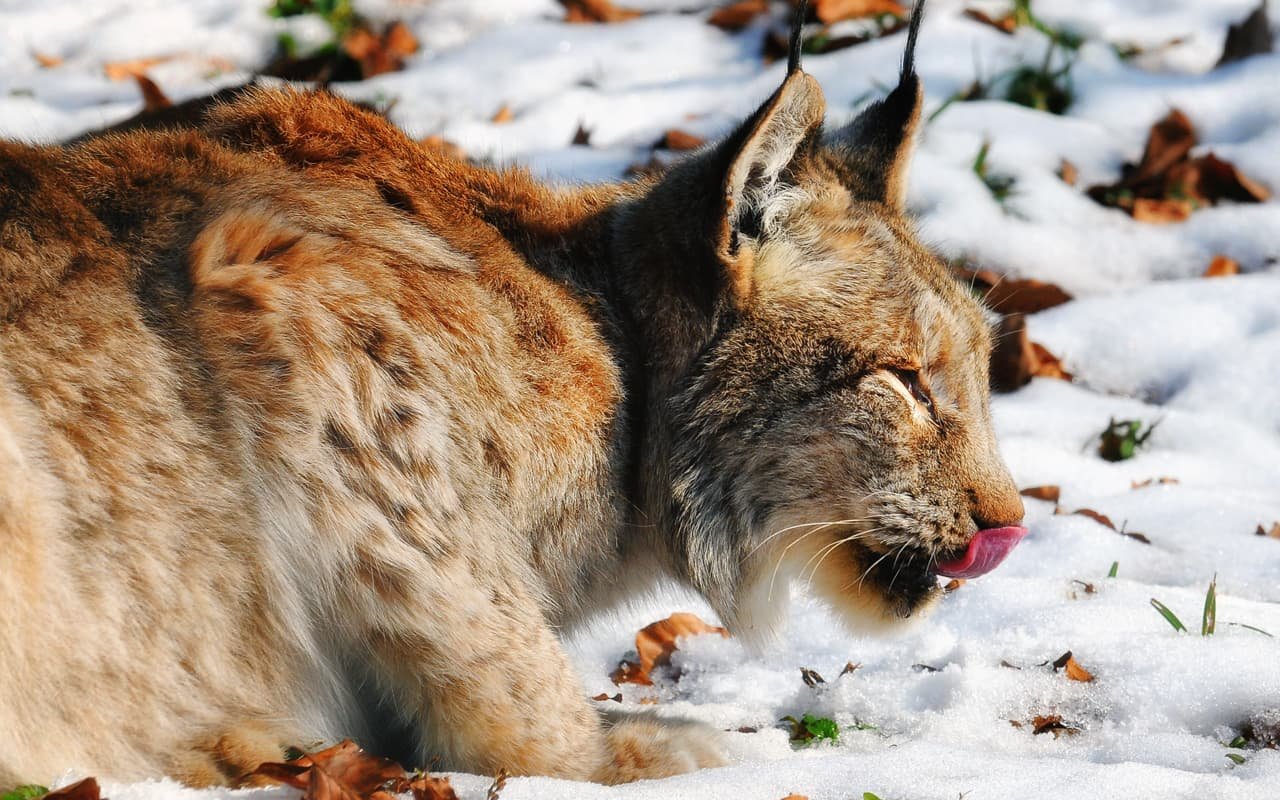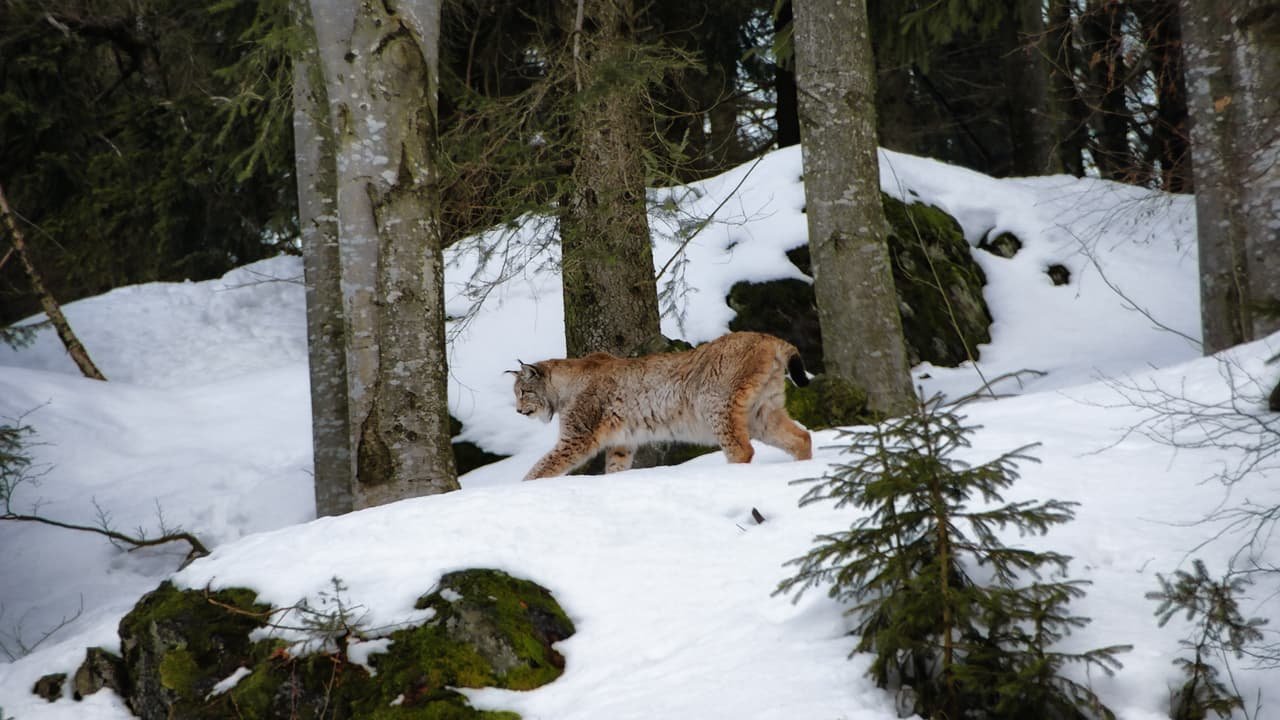
Photo by ForestWander, licensed CC-by-SA-3.0-US
In this article, lynx conservationist Elizaveta Lukarevskaya highlights three points. First, the growing problem of young lynxes found in Russian settlements. Second, the founding of the ABCR Lynx Rehabilitation Centre. And finally, how Ecoflix has helped their lynx conservation mission.
For several years we’ve been planning to create our own organization. Its purpose would be to conduct independent research and generate expertise on the state of rare mammals (in particular, big cats). Our father, Viktor Semenovich Lukarevsky, is a first-class specialist in this field.
He is the:
Author, co-author of the “Strategy for the Conservation of the snow leopard in Russia”, “Strategy for the Conservation of the Amur tiger”
Coordinator of the project for the development and co-author of the “Strategy for the Conservation of the Far Eastern Leopard” (1997)
Coordinator and leader of WWF projects in Turkmenistan (1999-2009)
Coordinator of the Commission On Large Predators of the Theological Society of the Russian Academy of Sciences for Turkmenistan (1988-2000)
Member of the IUCN Commission on cats (1996-2016)
Member of the IUCN Commission on species survival, as well as head of numerous field studies and much, much more.
At the end of 2018, we created a Lynx Rehabilitation Center. Our goal is to rescue lynxes and carry out rehabilitation for their subsequent release into the wild. Additionally, the center aims to improve the methodology of existing rehabilitation programs.

Photo by Böhringer Friedrich, licensed CC-by-SA-2.5
We also started monitoring the media and faced a serious problem in our country.
Every year, during the autumn–winter period, the media reports on sightings of lynxes in Russian settlements. As a rule, these are young lynx individuals, fingerlings. They are essentially kittens who have not reached one year old and are without a mother. Young individuals are not able to feed themselves in the forest in winter and, already exhausted, they go to settlements in search of easy prey (domestic cats, dogs, chickens, etc.). This leads to conflict between animals and humans.
During the autumn–winter period of 2019–2020 we identified 20 such cases. In 2020–2021, 32 cases have already been identified.
Such animals cannot return to the wild immediately after the vet’s examination. In a state of exhaustion, young kittens will not survive. They must be placed in a center where, under the supervision of specialists, the animals regain their strength and prepare for a few months to return to the wild.

Photo by Aconcagua, licensed CC-by-SA-3.0
So, in 2019, we created the ABCR Lynx Rehabilitation Center (Association of Wild Big Cats Research and Conservation) and started our work.
At the moment, the lynx is not listed in the Red Book of Russia but is listed in the Red Books of a number of Russian Federation subjects.
The number of lynx is decreasing. Therefore, the rescue of orphaned kittens and other lynxes, their rehabilitation and return to the wild contribute to lynx conservation in our country.
Thanks to the support of Ecoflix, we can build another enclosure for comprehensive rehabilitation and prepare lynxes for their return to the wild.

Ecoflix is jointly owned by The Ecoflix Foundation US and The Ecoflix Foundation UK. Ecoflix Foundation US is a registered 501(c)(3) in the United States of America. 501(c)(3): C2568417. Registered address: 24730 Long Valley Road, Hidden Hills, LA, CA 91302 USA Ecoflix Foundation UK is a registered charity (number 1200441). Registered address: Aston House, Redburn Road, Newcastle Upon Tyne, NE5 1NB